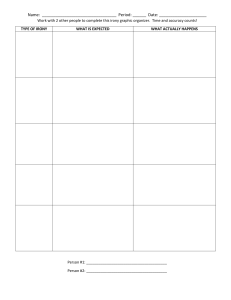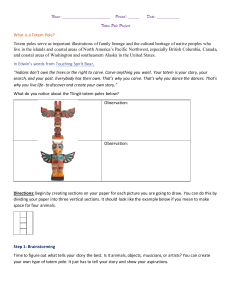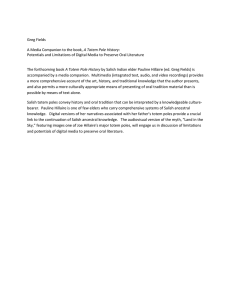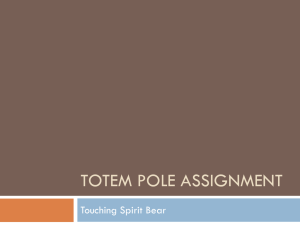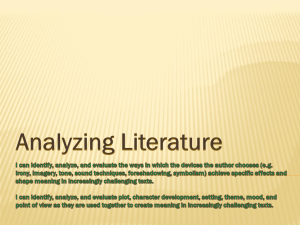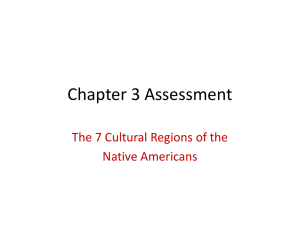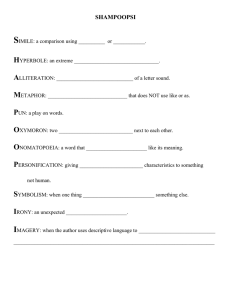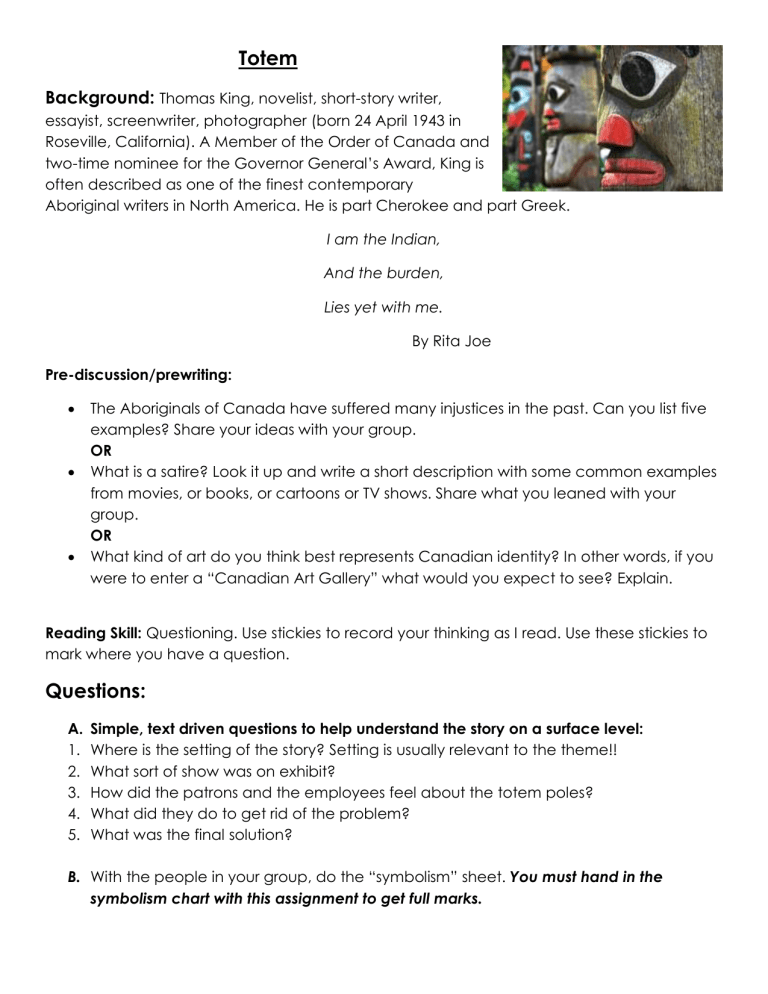
Totem Background: Thomas King, novelist, short-story writer, essayist, screenwriter, photographer (born 24 April 1943 in Roseville, California). A Member of the Order of Canada and two-time nominee for the Governor General’s Award, King is often described as one of the finest contemporary Aboriginal writers in North America. He is part Cherokee and part Greek. I am the Indian, And the burden, Lies yet with me. By Rita Joe Pre-discussion/prewriting: The Aboriginals of Canada have suffered many injustices in the past. Can you list five examples? Share your ideas with your group. OR What is a satire? Look it up and write a short description with some common examples from movies, or books, or cartoons or TV shows. Share what you leaned with your group. OR What kind of art do you think best represents Canadian identity? In other words, if you were to enter a “Canadian Art Gallery” what would you expect to see? Explain. Reading Skill: Questioning. Use stickies to record your thinking as I read. Use these stickies to mark where you have a question. Questions: A. 1. 2. 3. 4. 5. Simple, text driven questions to help understand the story on a surface level: Where is the setting of the story? Setting is usually relevant to the theme!! What sort of show was on exhibit? How did the patrons and the employees feel about the totem poles? What did they do to get rid of the problem? What was the final solution? B. With the people in your group, do the “symbolism” sheet. You must hand in the symbolism chart with this assignment to get full marks. C. Deeper questions that extend understanding: 1. Did the aboriginal people of Alberta carve totem poles? Look it up on your device. Why do you think Thomas King chose to use totem poles in his story and not an indigenous piece of art from Alberta? (discuss with your group- think stereotypes) 2. Is the conflict in the story character vs character, character vs self, character vs society, character vs supernatural, character vs. environment? Explain your reasoning. 3. What is the point of view? How do you know? Why did the author choose this particular point of view? (see short story terminology for an explantions) 4. Is the protagonist a dynamic or static character? Explain. Irony Definition (watch the videos that are on my Edublog) Irony is a figure of speech in which words are used in such a way that their intended meaning is different from the actual meaning of the words. It may also be a situation that may end up in quite a different way than what is generally anticipated. In simple words, it is a difference between the appearance and the reality. 5. Explain why this story is ironic. What kind of irony is it? Explain in full. 6. Theme statement: (Topic + treatment +/- = result) 7. Change the theme statement into an inquiry question. D. Reading Response (post writing) Based on their history and Canadians perception of what an “Indian” is, what sort of issues do you think the First Nations of Canada may have surrounding their identity? OR Comment on the controversy surrounding sports teams that use a First Nation as a mascot or emblem. Do you think this effects the First Nation identity? Explain. E. As your final assignment- complete a “Building Understanding” worksheet and a blog post. This is where you will decide which inquiry question works for his unit OR a new one to explore. (we will do this at the end of the unit so wait for instructions)
